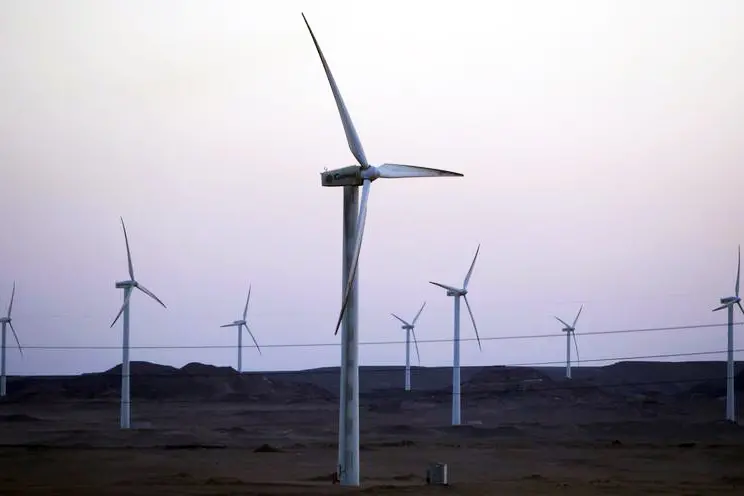PHOTO
New capacity and improved supplies of feedstock could mark the end of load shedding in Ghana, spelling good news for manufacturing and service industries alike.
Ghana's rapid economic expansion, largely driven by the development of the country's oil industry, and supply disruptions have put increased pressure on utilities in recent years. Estimates from the Ministry of Power (MoP) indicate that electricity demand is rising by as much as 12% per annum, while the country's gas supply from Nigeria has suffered from intermittent flows.
While investment in capacity and supply sourcing has fallen behind the fast pace of growth, new projects coming on-stream could herald a shift in the energy balance.
Boosting outputAlthough Ghana's 3000 MW of installed generation capacity - split roughly 50:50 between hydroelectric and thermal - is well above current peak demand levels, the country fell short of reaching full output last year and again in the first half of 2015.
Several factors contributed to the shortfall, including low levels of rainfall, which impacted hydroelectric production, and erratic natural gas supply, which stymied output from thermal plants.
However, the second half of 2015 has brought some improvements, as new capacity has begun to come on-line and key existing plants have returned to service following maintenance work.
Equally importantly, improvements in generation have been matched with upgrades in transmission and distribution. More than 80% of the nation now has access to electricity, according to the MoP, up from 64.1% three years ago and now on par with South Africa.
New capacityEarlier this year, the government announced plans to more than double installed capacity over the next five years, targeting a further 3665 MW of generation capacity.
In addition to rolling out hydroelectric and gas-fired plants, the new programme also includes provisions for a 750-MW coal-fired power station, which could broaden the energy supply base of the sector. Speaking in February, President John Dramani Mahama said the new installed capacity would come from a combination of independent power producers and state-backed projects.
Several projects led by foreign players are set to add capacity to the national grid, according to local media reports, including US-based GE (1000 MW), Norway's Jacobsen Elektro (360 MW) and the Abu Dhabi National Energy Company (TAQA).
In late October the Takoradi T2 plant, located in the Western Region, began operating again following an upgrade that increased its generation capacity from 220 MW to around 330 MW without added fuel consumption. The facility now accounts for around 15% of the country's total capacity.
Work on the plant was carried out by operator and majority stakeholder TAQA, alongside the state-owned Volta River Authority (VRA), which serves as the country's main power generation and supply company, and holds a 10% stake in Takoradi T2. Under a 25-year power purchase agreement (PPA), the VRA buys all power produced by the plant.
Interim supportWhile it will take several years for the full 3665 MW of planned additional capacity to come on-line, the power sector is set to receive a near-term supply boost in November, when the first of two floating power plants - part of a $1.2bn, 10-year PPA with Turkey's Karadeniz Energy Group - is linked up to the national grid.
The Ayşegül Sultan will be docked at the port of Tema and should be wired into the grid by the end of November, according to local media, adding some 240 MW of capacity, with the second barge scheduled for delivery in mid-2016.
Although the floating stations are expected to alleviate capacity concerns in the short run, in line with the MoP's pledge to end load shedding by December, critics have argued that the barges should not be seen as a sustainable solution to energy shortfalls, as the electricity they generate will be more expensive than other power sources, according to the terms of the agreement.
Moreover, with Ghana's generation capacity already above peak demand, many analysts have pointed to fuel shortages and maintenance pitfalls as the real reason for the power outages, rather than a lack of capacity.
Supply securityTo address these concerns, the government is also moving to secure domestic energy supplies for the new plants and reduce reliance on imports of oil and gas, which have often been subject to disruption.
In late July the World Bank approved $700m worth of guarantees for Ghana's Sankofa Gas Project, with funding intended to secure further support for the scheme from private investors.
Located some 60 km offshore, the Sankofa reserve is due to come on-line by 2018, adding up to 1000 MW of generation capacity and allowing the country to cut oil imports by around 12m barrels per year.
© Oxford Business Group 2015





















